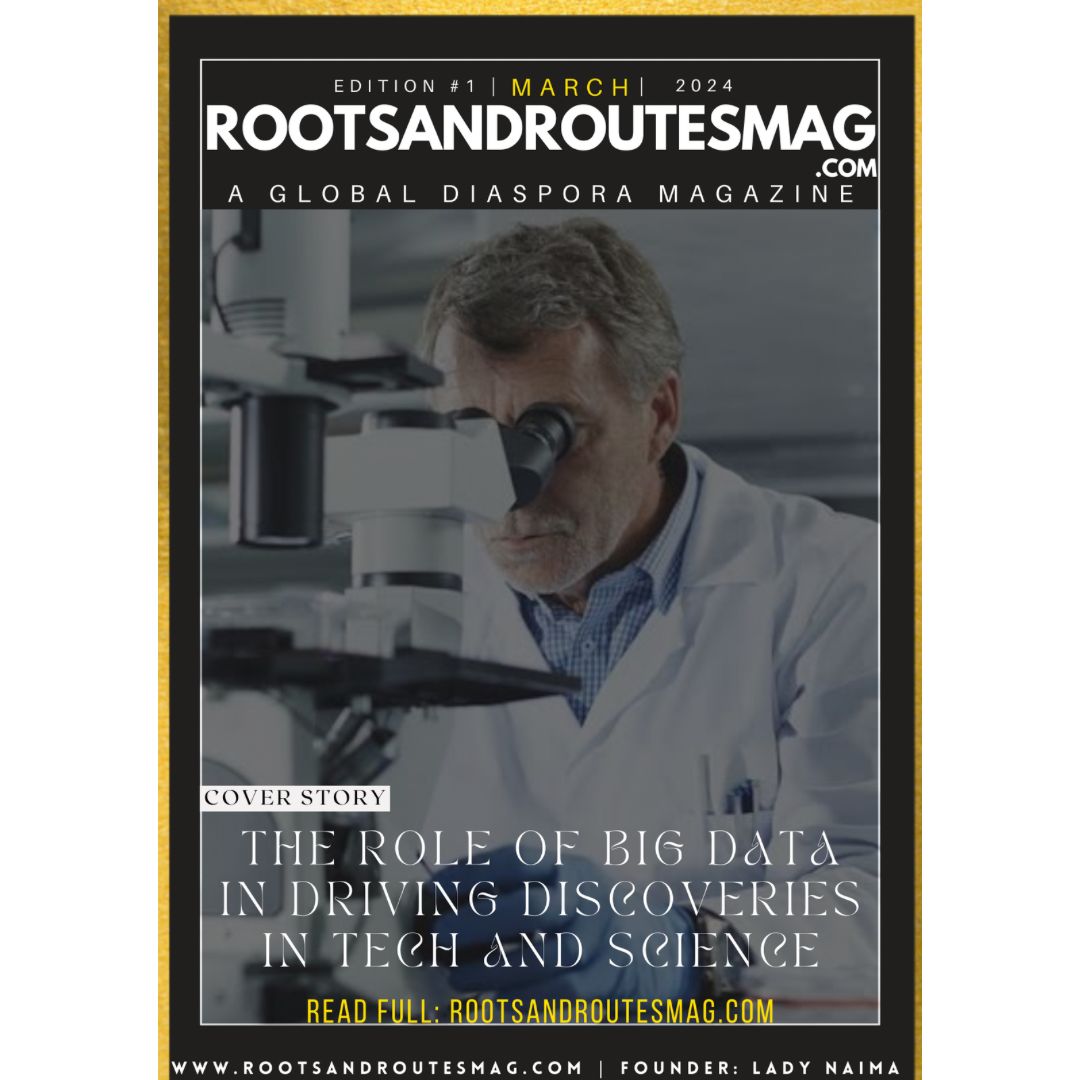The Role of Big Data in Driving Discoveries in Tech and Science

In the digital era, data is king. From the vast expanse of the internet to the intricate workings of scientific laboratories, the abundance of data has revolutionized how we understand and interact with the world around us. At the forefront of this revolution is big data – a term that encapsulates the massive volumes of structured and unstructured data that inundate our digital landscape. However, beyond its sheer size, big data holds immense potential to drive discoveries in both technology and science.
Big data has become the lifeblood of technological advancements, powering innovations that were once thought to be the realm of science fiction. One of its most significant contributions lies in predictive analytics, where algorithms sift through massive datasets to identify patterns and trends. In industries ranging from finance to healthcare, predictive analytics enables companies to anticipate customer needs, optimize operations, and mitigate risks.
Moreover, big data serves as a catalyst for the development of artificial intelligence (AI) and machine learning (ML) technologies. By feeding these algorithms with vast amounts of data, researchers can train AI systems to recognize images, understand natural language, and even make autonomous decisions. These advancements are reshaping industries such as autonomous vehicles, healthcare diagnostics, and personalized recommendations, paving the way for a future driven by intelligent systems.
In the realm of science, big data has emerged as a powerful tool for researchers seeking to unravel the mysteries of the universe. In fields like genomics, astronomy, and climate science, the collection and analysis of massive datasets have led to groundbreaking discoveries and insights. For instance, in genomics, researchers leverage big data to sequence and analyze the human genome, unlocking new insights into genetic diseases, personalized medicine, and evolutionary biology.
Similarly, in astronomy, big data has transformed our understanding of the cosmos, enabling scientists to process vast amounts of observational data from telescopes and satellites. This has led to the discovery of exoplanets, the mapping of distant galaxies, and the exploration of black holes, expanding our knowledge of the universe’s origins and evolution.
Furthermore, big data plays a pivotal role in addressing some of society’s most pressing challenges, from healthcare to environmental conservation. By analyzing healthcare data, researchers can identify disease trends, develop targeted treatments, and improve patient outcomes. Likewise, in environmental science, big data enables researchers to monitor ecosystems, track wildlife populations, and predict natural disasters, empowering policymakers to make informed decisions about conservation and sustainability.
However, harnessing the full potential of big data comes with its own set of challenges. As datasets continue to grow in size and complexity, researchers must grapple with issues of data privacy, security, and bias. Moreover, the sheer volume of data can overwhelm traditional computing systems, necessitating the development of new technologies and infrastructures to handle and process big data efficiently.
In conclusion, big data has emerged as a transformative force in driving discoveries in both technology and science. From predictive analytics and AI to genomics and astronomy, the abundance of data has unlocked new possibilities and revolutionized how we approach research and innovation. As we continue to push the boundaries of what is possible, the role of big data will only become more integral in shaping the future of technology and science.

Tariq Riaz is a passionate web developer and content generation expert.








